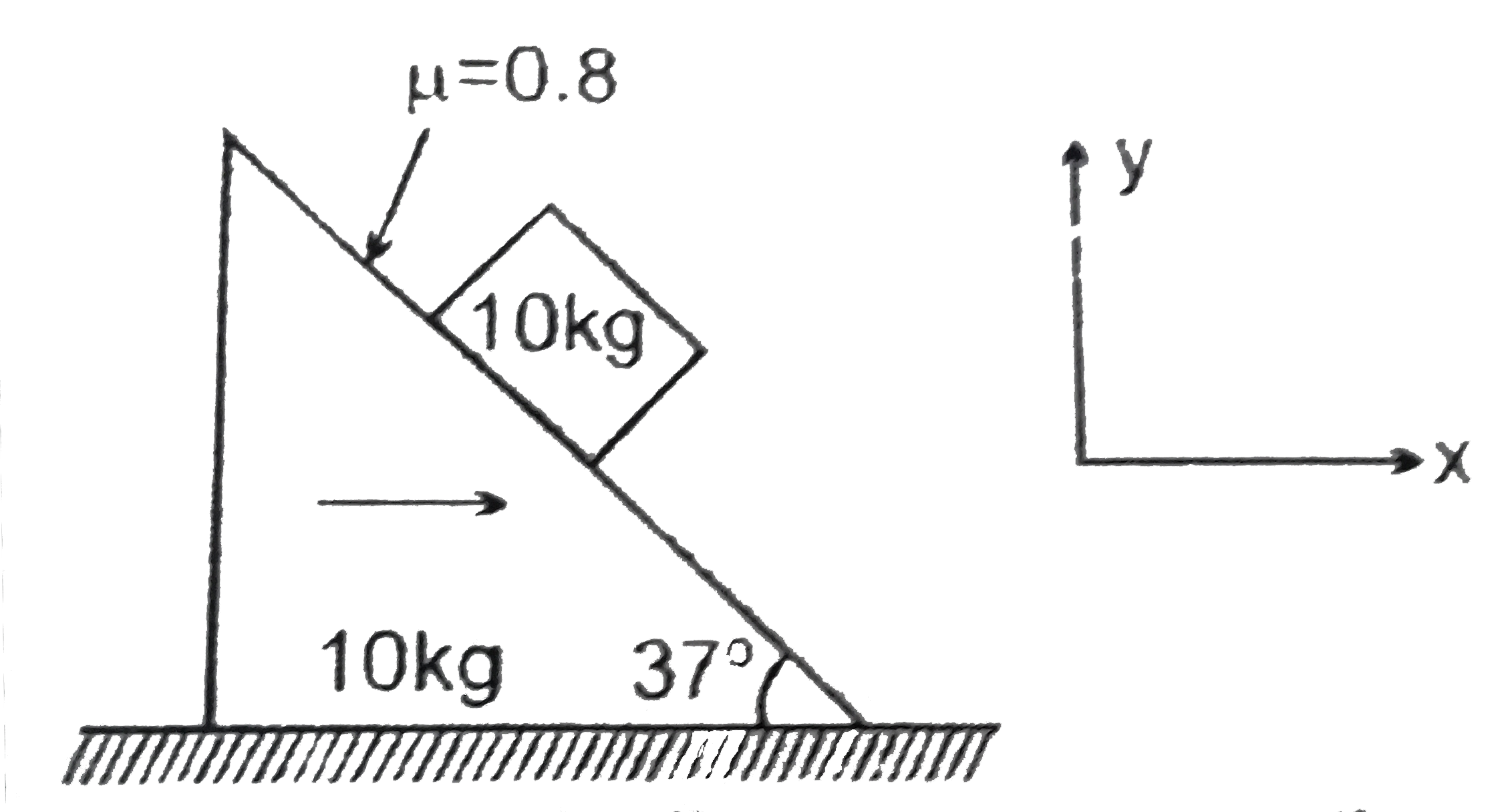Select the correct alternative(s)
elastic forces are always conservative
elastic forces are not always conservative
elastic forces are conservative only when Hooke's law is obeyed
elastic forces may be conservative even when Hooke's law is not obeyed
The correct Answer is:B, D
To solve the question regarding the nature of elastic forces, we will analyze the statements provided and determine which alternatives are correct based on the principles of elasticity and Hooke's law.
1. Understanding Elastic Forces:
- Elastic forces are the forces that restore a material to its original shape after deformation. They are typically associated with springs and elastic materials.
2. Hooke's Law:
- Hooke's law states that the force exerted by a spring is directly proportional to the displacement of the spring from its equilibrium position, provided the elastic limit is not exceeded. Mathematically, it is expressed as:
F=−kx
where F is the elastic force, k is the spring constant, and x is the displacement.
3. Conservative Forces:
- A force is considered conservative if the work done by the force on an object moving between two points is independent of the path taken. Elastic forces are conservative when they obey Hooke's law.
4. Analyzing the Statements:
- Statement 1: "Elastic forces are always conservative."
- This statement is incorrect because elastic forces do not remain conservative if the material exceeds its elastic limit.
- Statement 2: "Elastic forces are not always conservative."
- This statement is correct. Elastic forces can become non-conservative when the elastic limit is exceeded, and the material does not return to its original shape.
- Statement 3: "Elastic forces are conservative only when Hooke's law is obeyed."
- This statement is correct. Elastic forces follow Hooke's law within the elastic limit, making them conservative in that range.
- Statement 4: "Elastic forces may be conservative when Hooke's law is not obeyed."
- This statement is incorrect. If Hooke's law is not obeyed, the forces cannot be considered conservative.
5. Conclusion:
- Based on the analysis, the correct alternatives are:
- Statement 2: "Elastic forces are not always conservative."
- Statement 3: "Elastic forces are conservative only when Hooke's law is obeyed."
Final Answer:
The correct alternatives are b and c.
- Elastic forces are the forces that restore a material to its original shape after deformation. They are typically associated with springs and elastic materials.
- Hooke's law states that the force exerted by a spring is directly proportional to the displacement of the spring from its equilibrium position, provided the elastic limit is not exceeded. Mathematically, it is expressed as:
F=−kx
where F is the elastic force, k is the spring constant, and x is the displacement.
- A force is considered conservative if the work done by the force on an object moving between two points is independent of the path taken. Elastic forces are conservative when they obey Hooke's law.
- Statement 1: "Elastic forces are always conservative."
- This statement is incorrect because elastic forces do not remain conservative if the material exceeds its elastic limit.
- Statement 2: "Elastic forces are not always conservative."
- This statement is correct. Elastic forces can become non-conservative when the elastic limit is exceeded, and the material does not return to its original shape.
- Statement 3: "Elastic forces are conservative only when Hooke's law is obeyed."
- This statement is correct. Elastic forces follow Hooke's law within the elastic limit, making them conservative in that range.
- Statement 4: "Elastic forces may be conservative when Hooke's law is not obeyed."
- This statement is incorrect. If Hooke's law is not obeyed, the forces cannot be considered conservative.
- Based on the analysis, the correct alternatives are:
- Statement 2: "Elastic forces are not always conservative."
- Statement 3: "Elastic forces are conservative only when Hooke's law is obeyed."
The correct alternatives are b and c.
Similar Questions
Accleration-time graph of a particle executing SHM is as shown in figure. Select the correct alternatives(s).

View SolutionA ball B of mass m is lying at rest on the top surface of a smooth horizontal table 5 m high. Another moovin ball A of same mass make an elastic colision with B slides off the table and strikes the floor at a horizonatal distance of 10 m from the table. Then select the correct alternatives (s). [g=10m/s2]
View SolutionA planet is revolving round the sun in an elliptical orbit as shown in figure. Select correct alternative(s)
View Solution
A wedge is moving rightwards on which a block of mass 10 kg is placed on it. Friction coefficient between the eedge and the block is 0.8. Select correct alternative (s) among the following options. [take g=10ms2]
View Solutiona projectile is thrown with speed u into air from a point on the horizontal ground at an angle θ with horizontal. If the air exerts a constant horizontal resistive force on the projectill then select correct alternative(s).
View SolutionTwo similar bulbs of wattage 100W/50√2V are connected in circuit as shown when frequency of source is varies, brightness of B2 changes it is observed that at 50 Hz frequency both the bulbs have same brightness. Select correct alternative/s

View SolutionThe linear momentum of a particle is given by →P=(asintˆi−acostˆj)kg−m/s. A force →F is acting on the particle. Select correct alternative/s:
View SolutionSelect the correct statements (s)
View SolutionSelect the correct statement (s).
View SolutionSelect the correct statement (s) :
View Solution
